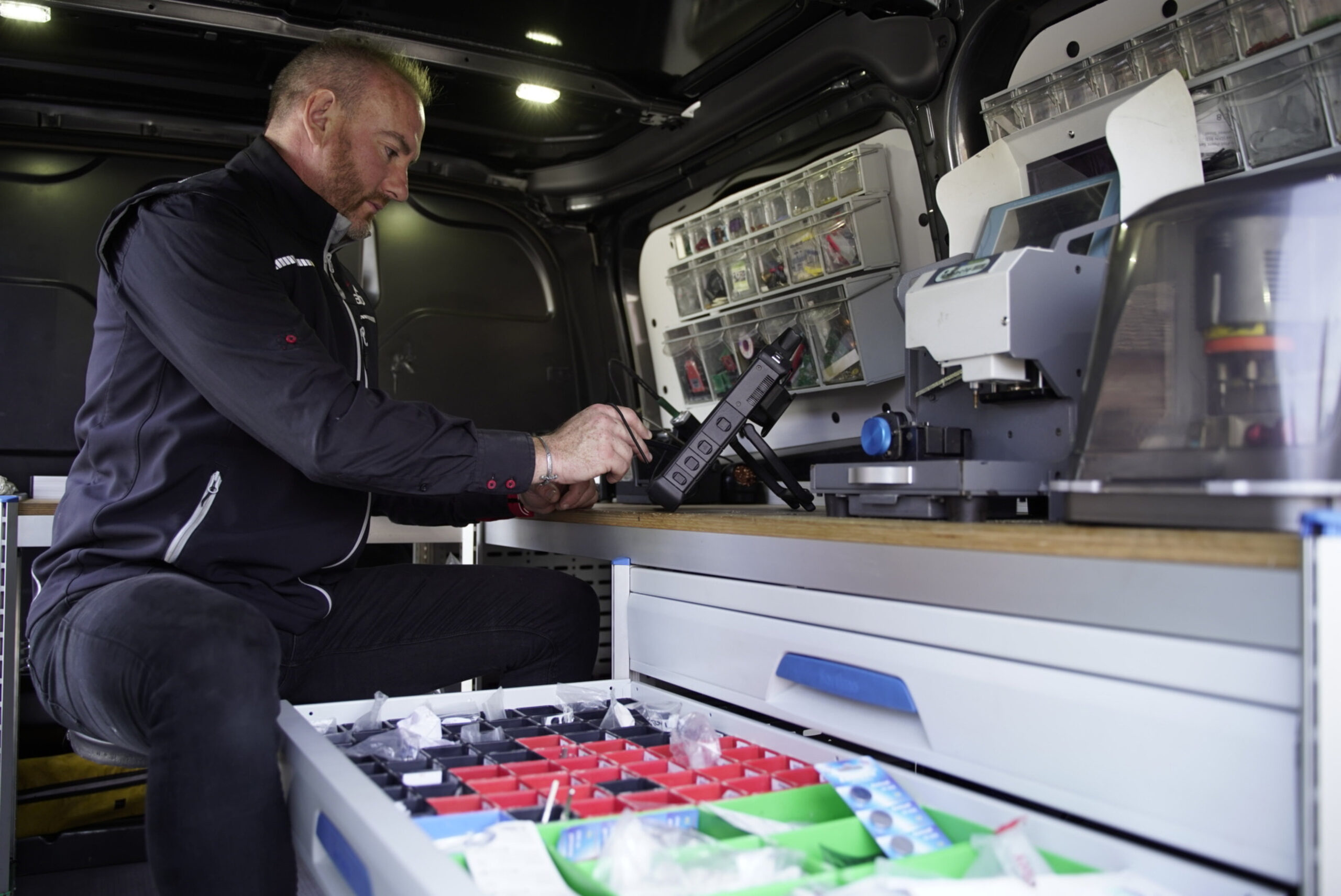Key Replacement: A Comprehensive Guide
In today's busy world, losing keys or having them end up being damaged is a typical event that can develop considerable trouble. Whether it's a car key, house key, or a digital key fob, the process of changing lost or broken keys can be perplexing. Nevertheless, this short article intends to simplify the key replacement process, notifying readers about their choices, the steps to take, and suggestions to prevent future incidents.

Understanding Key Replacement
Key replacement refers to the procedure of acquiring a replicate or replacement of a lost, taken, or damaged key. The technique and expense for changing keys vary based on a number of aspects, consisting of the type of key, the complexity of the locking mechanism, and the locksmith or provider used.

Types of Keys
When talking about key replacement, it's vital to comprehend the different types of keys, which can normally be categorized as follows:
| Type of Key | Description | Common Replacement Options |
|---|---|---|
| Traditional House Key | Fundamental metal keys utilized for household doors | Local locksmiths, hardware stores |
| car key transponder replacement Key | Keys designed for cars, might include transponder or smart keys | Dealer, locksmith focusing on automotive keys |
| Electronic Key Fob | Digital keys utilized for keyless entry and ignition | Car dealership, automotive locksmith professional, or electronic key fob replacement (extra resources) service |
| Master Key | A key developed to open multiple locks | Locksmith services, can be personalized |
| Padlock Key | Particular keys for padlocks, generally basic sizes | Local locksmiths, some hardware shops |
Actions to Replace Various Types of Keys
The process for key replacement can vary substantially based on the type of key. Below are the actions associated with changing various kinds of keys.
Replacing House Keys
- Recognize the Type of Key: Determine the key type and whether it is a standard or high-security key.
- Visit a Local Locksmith or Hardware Store: Most basic keys can be duplicated quickly at local stores.
- Offer the Original Key: If offered, bring the initial key for duplication. If it is lost, ensure to describe the style to the locksmith professional.
- Select the Right Material: Select the key material (e.g., brass, stainless-steel) based upon your requirements.
- Test the New Key: Before leaving, evaluate the brand-new type in the lock to guarantee it works effectively.
Replacing Car Keys
- Identify the Key Type: Determine whether it's a standard key, a transponder key, or a key fob.
- Contact the Dealership: For transponder keys or key fobs, it's typically essential to go to the vehicle's dealer.
- Offer Vehicle Information: Supply the vehicle recognition number (VIN) and evidence of ownership.
- Programs (if needed): Some keys require to be configured to deal with the car's ignition system.
- Acquire a Backup: Consider obtaining an extra spare key to avoid future problems.
Changing Electronic Key Fobs
- Contact the Vehicle Manufacturer or Dealer: Most electronic key fobs should be sourced straight from the vehicle manufacturer or authorized dealership.
- Protect VIN and Identification: Prepare documents to demonstrate ownership and the vehicle's VIN.
- Setting Requirements: Be aware that the replacement fob might need programs at the dealership.
- replacement key with chip Service: There are also independent services that can supply fob replacements and programming.
Tips to Prevent Future Key Losses
To minimize the opportunities of losing keys in the future, consider the following proactive methods:
- Key Tracking Devices: Attach a key tracker to your keys that can be kept track of through a mobile phone app.
- Designated Key Holder: Use a particular location in your house for positioning keys regularly.
- Spare Copies: Always preserve getting a replacement key for car spare copy of essential keys with a relied on good friend or member of the family.
- Keychains: Use intense and distinctive keychains to make it easier to spot them.
Frequently Asked Questions About Key Replacement
What should I do if I lose my home key?
- Immediately consider rekeying your locks if you're concerned about security.
The length of time does it take to replace a car key and remote replacement key?
- Replacement times can vary, but it normally takes 20 to 30 minutes, particularly if programs is required.
Are all keys duplicable?
- Not all keys can be duplicated. High-security keys usually have constraints on duplication.
Can I replace my key myself?
- While you can create duplicates of specific keys with DIY packages, it's frequently recommended to seek professional help, specifically for high-security or electronic keys.
Key replacement can often feel overwhelming however comprehending the procedure can reduce anxiety. By understanding the kinds of keys, the steps needed to replace them, and preventative measures to prevent future losses, individuals can take proactive actions to safeguard their access and security. With this information, managing key replacements will become a more uncomplicated job.








